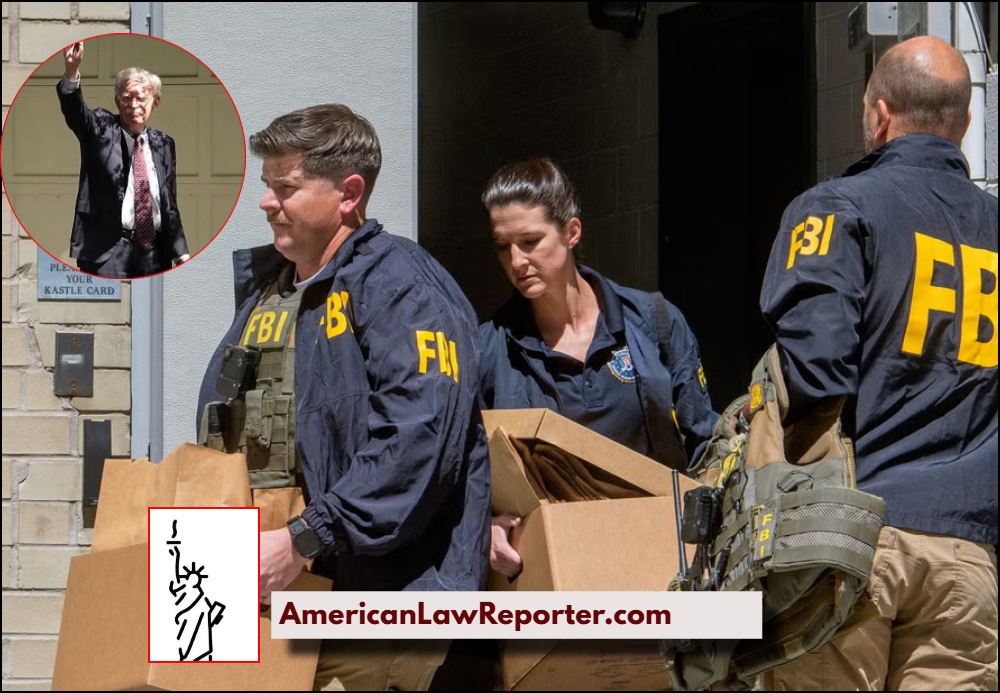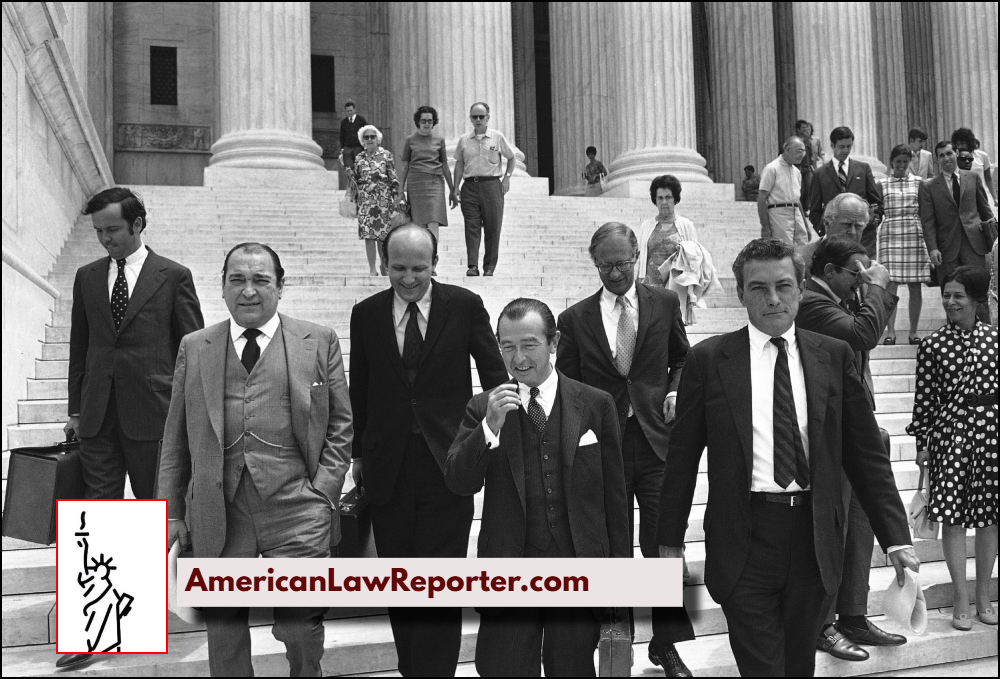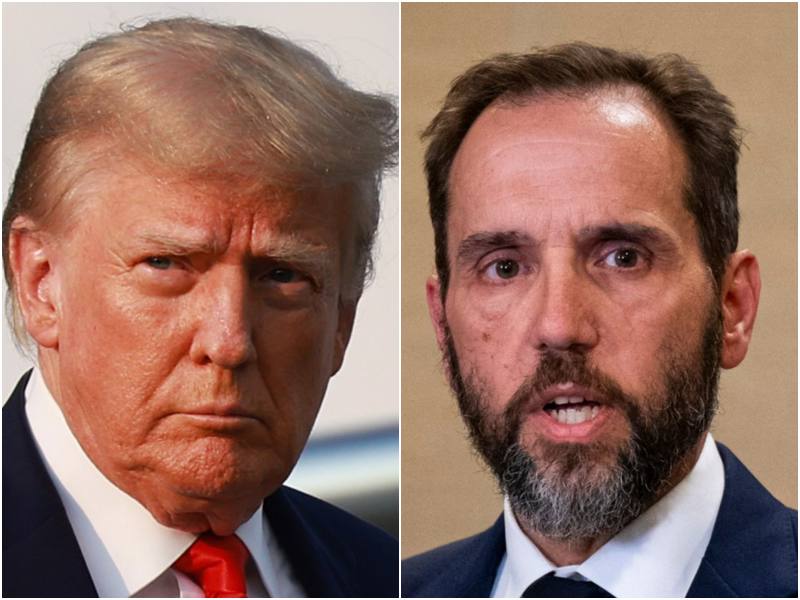Espionage Act
-
The FBI searched the Maryland home and Washington, D.C. office of John Bolton, former national security adviser to Donald Trump, as part of an investigation into the possible mishandling of classified information. The move underscores the sensitive intersection of national security law, executive privilege, and the government’s power to enforce secrecy agreements. What Triggered the…
-
In the summer of 1971, the United States Supreme Court delivered a landmark ruling that would forever reshape the relationship between the press and the federal government. The case, New York Times Co. v. United States, better known as the Pentagon Papers case, tested the limits of the First Amendment and government power. At the…
-
In the annals of American jurisprudence, few cases have generated the enduring controversy, political intrigue, and constitutional debate as the 1951 espionage trial of Julius and Ethel Rosenberg. Convicted of conspiring to pass atomic secrets to the Soviet Union, the Rosenbergs became the first—and only—American civilians executed for espionage during peacetime in U.S. history. Decades…
-
Special Counsel Jack Smith has filed a comprehensive rebuttal to former President Donald Trump’s claims that his Espionage Act prosecution should be dismissed due to alleged mishandling of classified documents by federal investigators. The 33-page response counters Trump’s argument that the documents were not preserved in their original order during the Mar-a-Lago search. Smith’s response…




